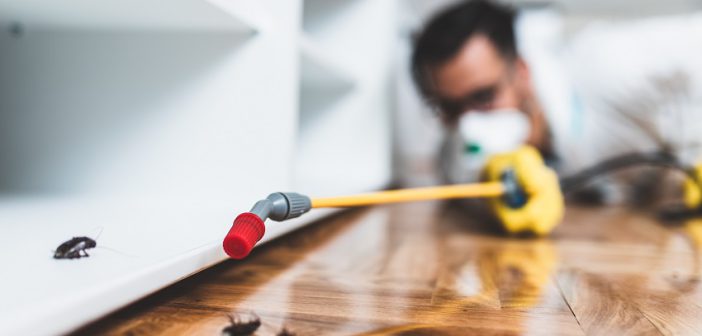Growing a healthy, bountiful garden without chemicals is entirely possible. It is also better for the environment and human health. Synthetic chemicals kill and contaminate everything. They kill beneficial insects, poison the soil and water, and have long-term health implications for our families. Whereas, by bringing about natural pest control measures, this balanced ecosystem will assist plant growth, and keep the pests away. Here are some non-toxic, safe, and efficient ways to keep harmful pests out of your garden space.
1) Attracting Beneficial Insects
One of the simplest and most powerful methods of natural pest control is inviting nature to your garden. Insect predators like ladybugs, lacewings, and spiders can help in eliminating common garden pests such as mites, caterpillars, and aphids.
Make your garden attractive to useful insects by putting up insect habitats like ‘insect hotels’ and encouraging bugs to check in by offering cozy apartments. A few twigs or piles of leaves around your garden can be a good hiding place for the beetles you want to keep. You can fortify your garden with beneficial insects by delivering them to a more hospitable habitat.

2) Companion Planting
Companion planting is the practice of planting two or more crops near each other in a garden so that they can help each other in some way or simply get a higher yield. For example, basil can repel aphids when planted with tomatoes, and marigolds help keep nematodes and certain soil-borne pests away. Planting garlic and onions around the garden is another effective way to protect the garden from a variety of pests, including aphids, By planting flowers in your vegetable garden, you can repel pests while also attracting beneficial insects.
3) Using Natural Repellents
Various natural substances may be used to repel invaders. For instance, neem oil, which is produced from the neem tree, Works as a flawless bug killer in addition to a natural fungicide. As a result, it deters pests of all varieties without endangering useful insects. By calling in the help of professionals you can use the correct lawn weed killer, creating the perfect garden.
4) Physical Barriers
Another easily applicable organic gardening control method is the use of mechanical barriers. Row covers (fabrics) can be laid on the ground. Thus, they function as a defense against insects, allowing plants to outgrow them (shade cast by plants). Copper tape can be employed by gardeners in several ways in their war against slugs and snails. Netting and mesh act as protectants for fruit and vegetables against birds and large animals.
5) Maintaining Garden Health
In plant science, as in animal care, we know that a healthy plant is almost always resistant to pests. Keep your plants thriving by tending to their nutritional needs through the constant addition of organic compost and mulch to the soil.
Watering and spacing a plant properly can reduce the stress and disease that make it susceptible to pests. Regular patrols for pests that cause damage should be mounted regularly with immediate action if a pest infestation is noticed.
In conclusion, organic gardening is an environmentally friendly and sustainable way to grow a garden. Implementing environmental management practices can help natural enemies increase their numbers and move in to attack insect pests. By inviting beneficial insects, companion planting, using repellents, setting up physical barriers, and keeping the garden healthy, it is possible to eliminate pests without environmentally or financially damaging insecticides.




